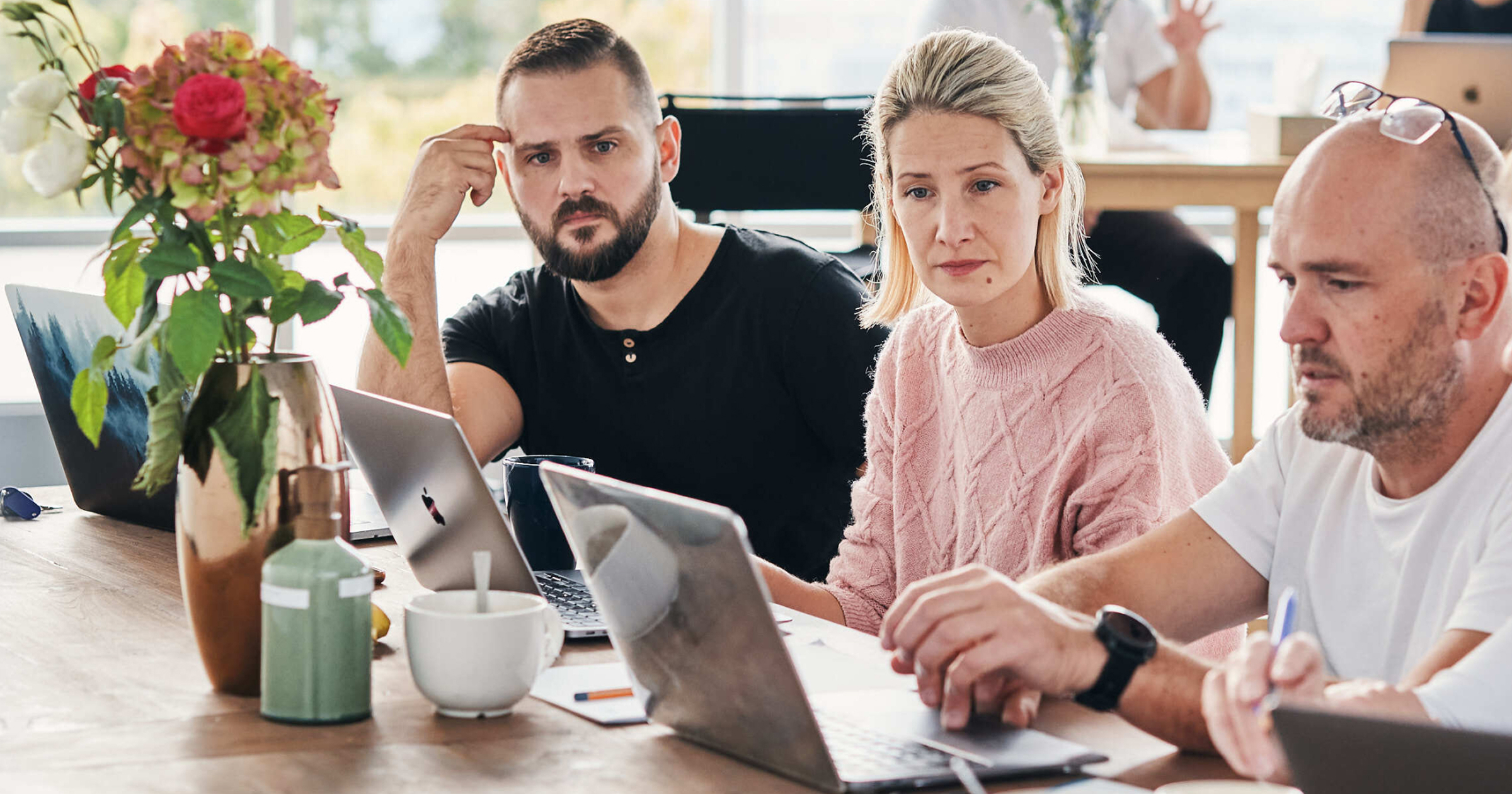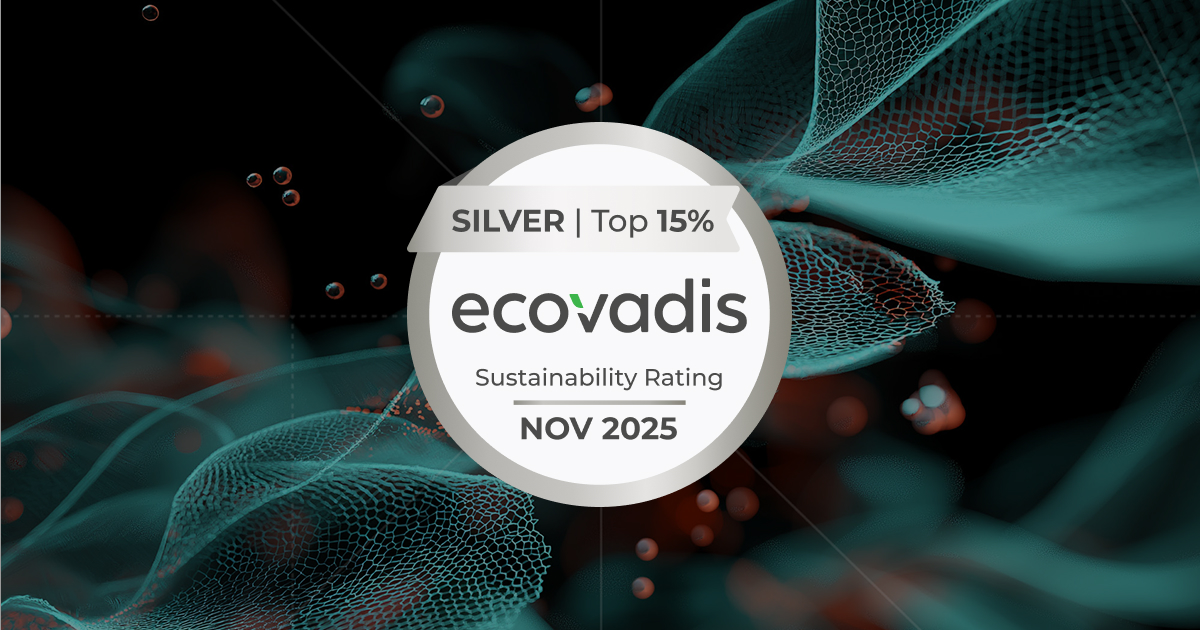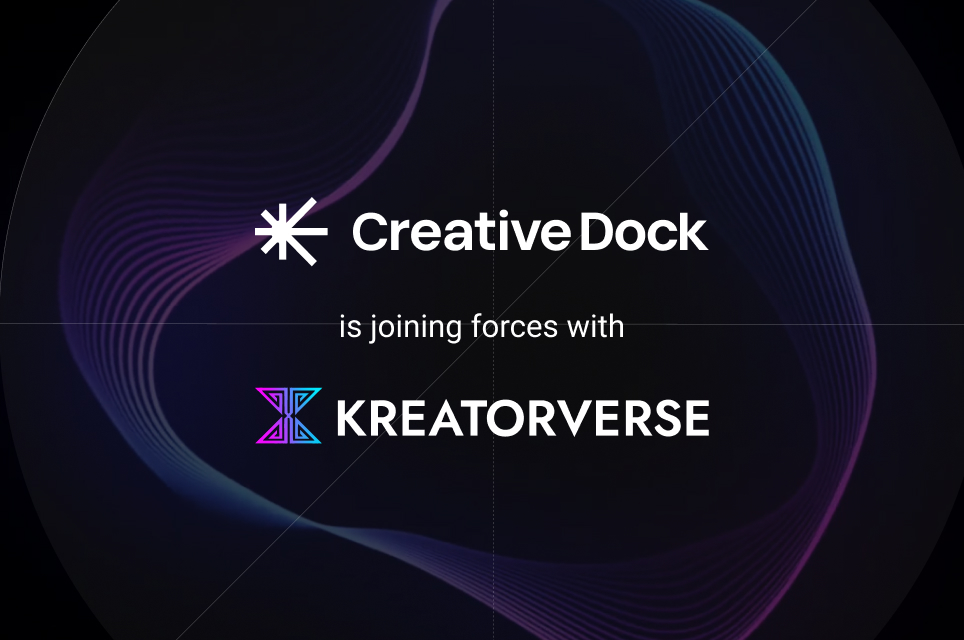Going bigger on smaller screens
About the shift of financial services from desktops to mobile applications or how different it is to build an international mobile bank when you have already built a P2P lending platform. This and much more in an interview with Stanislav Filipcik.


As the new COO of Fairo, our European mobile platform, he is responsible for its international growth among other things. This is his second time at Creative Dock. Several years ago, he was a key figure in building Zonky, a P2P lending platform that now exists on the market on its own.
Zonky is something you have built from scratch. What’s it like to leave such a project after 7 years?
Obviously, it wasn’t an easy choice, but I had been thinking about it for some time already. It felt like I’d had accomplished all I wanted at Zonky. Both professionally and personally.
And you weren’t interested in its further development under Moneta?
No doubt Zonky will make new progress under Air Bank/Moneta, but for me, it's just fine-tuning of the original concept. This is why I regard my mission as finished. Honestly, the decision not to expand to other markets played a big role. I was looking forward to scaling the product for other countries. When that didn’t happen, I began contemplating change.
Then you came to Fairo. A project for Ukrainian freelancers, developed in Vienna by Creative Dock Austria and RaiffeisenBank’s central office. Is the fact that Fairo is poised for pan-European expansion something that attracted you?
Simply put, yes. I wanted to stay in fintech and the creative solutions around it and I was really interested in the international aspect of it all. As a matter of fact, Fairo was the ideal opportunity. Apart from the pan-European model, it also requires me to learn about banking products, which is quite an experience for me. I was also happy to return to Creative Dock, where the most interesting part of my career had started.
What’s the main difference between building Zonky and Fairo?
Fairo was built with an expansion in mind. It’s built on an international platform, which means it’s a much bigger challenge. And the banking part of the service is very different as well. From the technological and the regulatory point of view. Also, the number of customers is bigger. We’re not talking tens or hundreds of thousands here. We’re talking millions and tens of millions of users.
“Fairo was built with an expansion in mind… We’re not talking tens or hundreds of thousands of customers here. We’re talking millions and tens of millions of users.”
Do people now expect more from a mobile application than they did 7 years ago?
Absolutely. Apps have changed and so has the way we use them. At Zonky, we didn’t even care about mobile phones in the beginning — we just wanted the website to be responsive and that was it. Now we are basically building a bank inside a mobile phone. It’s an unbelievable change of thinking. The so-called smartphones were actually kind of dumb 7 years ago, and we only saw them as an additional channel. A “nice to have”.
Now, a mobile app is the number one thing. Most people don’t come home from work to sort out their finances on their computers. But a smartphone is always in your hand. It also brings companies closer to customers. People get so many emails these days that they just delete most of them. If they don’t end up in the spam folder in the first place. Push notifications are a lot more effective.
Did the industry standards evolve as well?
Nothing groundbreaking happened. Yet, there are changes. Cloud solutions were something absolutely unimaginable in the finance sector due to data security and today, they’re common. But it would be wrong to think there are some universal solutions for banking apps and that you can build something like this from existing modules. It’s still about a unique development.
Do services, including apps, need to be more user-friendly nowadays?
Sure, they do! I don’t want to keep circling back to Zonky, but at that time, the desktop look was the main thing. Graphic designers and developers wanted to do everything in a big format, which was great for impressing investors and other stakeholders. Phones don’t allow too many bells-and-whistles. I did try to promote the “mobile first” approach, but it took a long time to settle in. Nowadays, the requirements for user interface keep changing all the time, both iOS and Android get better with each new update. It’s actually a challenge to keep up.
“At this point, nobody is willing to use an app that’s clumsy to handle.”
So, is it similar with you as it is with doctors? In the sense that you need to keep learning or you’ll stay behind?
I think that applies to pretty much everything in today’s world. Whatever you do, you can’t just rest on your laurels and be like, OK, I know everything important now. If you stop educating yourself, it’s only logical you’ll stay behind very soon. You need to follow what’s happening elsewhere and by that, I don’t mean your direct competition only. You need to be aware of new features that are available, the new, more user-friendly ways people interact with your app, etc. It’s also essential to continuously test any adjustments on real users and pay attention to their feedback. At this point, nobody is willing to use an app that’s clumsy to handle.
Is it possible to make a generalization about the development in the past couple of years? What’s the hottest thing right now?
I don’t like generalizations. But from a solely quantitative point of view, cloud services are definitely taking the lead. Access from anywhere, a unified and user-friendly environment.
Fintech is an extremely regulated industry and I remember that in the times we were creating Zonky, it was very difficult to follow all the rules in terms of data security. Is it even tougher now?
For one, I have to say that while fintech is quite regulated, I wouldn’t use the word “extremely”. I think it’s a good thing that there are high requirements for financial services. They’re about money and trust, it simply is not possible to enable anyone to build a financial app. Or break it. But coming back to your question, the answer is: yes and no.
So it’s tougher but also easier? In what way?
For instance, we weren’t dealing with GDPR when building Zonky, simply because it didn’t exist yet. Yet for Fairo, it’s an essential part of its architecture. I think the one major change is the fact that previously, legislation was the main issue. Laws and regulations did not really know what to do with fintech. And they were unnecessarily cutthroat. Banking standards have really evolved since, regulators and the whole EU have changed their approach a lot, digitalization has shifted, and so on. Take the PSD2 directive, which helped fintech projects a lot and brought along new opportunities. And there have been more changes like that. So, to put it shortly — the changes are happening in a direction that helps us.
“I hate words like ‘division’ and ‘department’ which perfectly sum up how people are being divided. IT, sales, marketing, all of them should sit at one table.”
How has IT changed in the past 10 years?
Long story short?
Sure, go for it.
From top to bottom. (laughs)
Oh, alright then. What’s the long story?
In the first place, IT specialists used to be these nerds typing something into their 10 PCs connected together somewhere in the cellars. At least, that was what you usually saw in the movies. But to be honest, it often wasn’t that far from the truth. And now you won’t recognize an IT person from a marketer at the office.
Are they sitting next to each other now?
I think they need to. Personally, I don’t like this division between IT and business. We’re a team, we should work together. Actually, I hate words like “division” and “department” which perfectly sum up how people are being divided, are departing from each other. IT, sales, marketing, all of them should sit at one table. Figuratively and, in an ideal world, even literally speaking. Sure, the respective teams can be quite large, even located in different countries. Now we’re all working remotely anyway, even if we are in the same country. But everybody needs to pull together. No departments. That’s what I tried to set up at Zonky and what I understand to be a natural condition for teamwork now at Fairo.
Let’s wrap it up with another “movie” question. Do you use hackers on Fairo? I keep hearing about ethical hacking, but I’m not entirely sure what it means…
Hacker is definitely a profession that has been romanticized by Hollywood filmmakers. Although mostly in a negative way, being called a hacker has almost become an insult. But generally speaking, a hacker is someone who examines to the very detail the way systems work. And by doing so, they also look for the systems’ security weaknesses. It’s nothing new, we used to regularly arrange the so-called penetration testing at Zonky with the aim to find such weaknesses. Sure, you can become quite dangerous with this kind of knowledge. But just like most locksmiths don’t turn into lockpickers, you don’t need a criminal to do a penetration test. (laughs)
Stanislav Filipcik has information technology and management degree from the Masaryk University in Brno. After cooperating with numerous companies as a freelancer, he became the CTO of the P2P fintech platform Zonky. He built the platform’s IT solution from scratch and stayed there for 7 years. In 2021, he became part of the international startup, Fairo, where he is in charge of a European platform for mobile banking operations.



.webp)










%20(1).jpg)































































